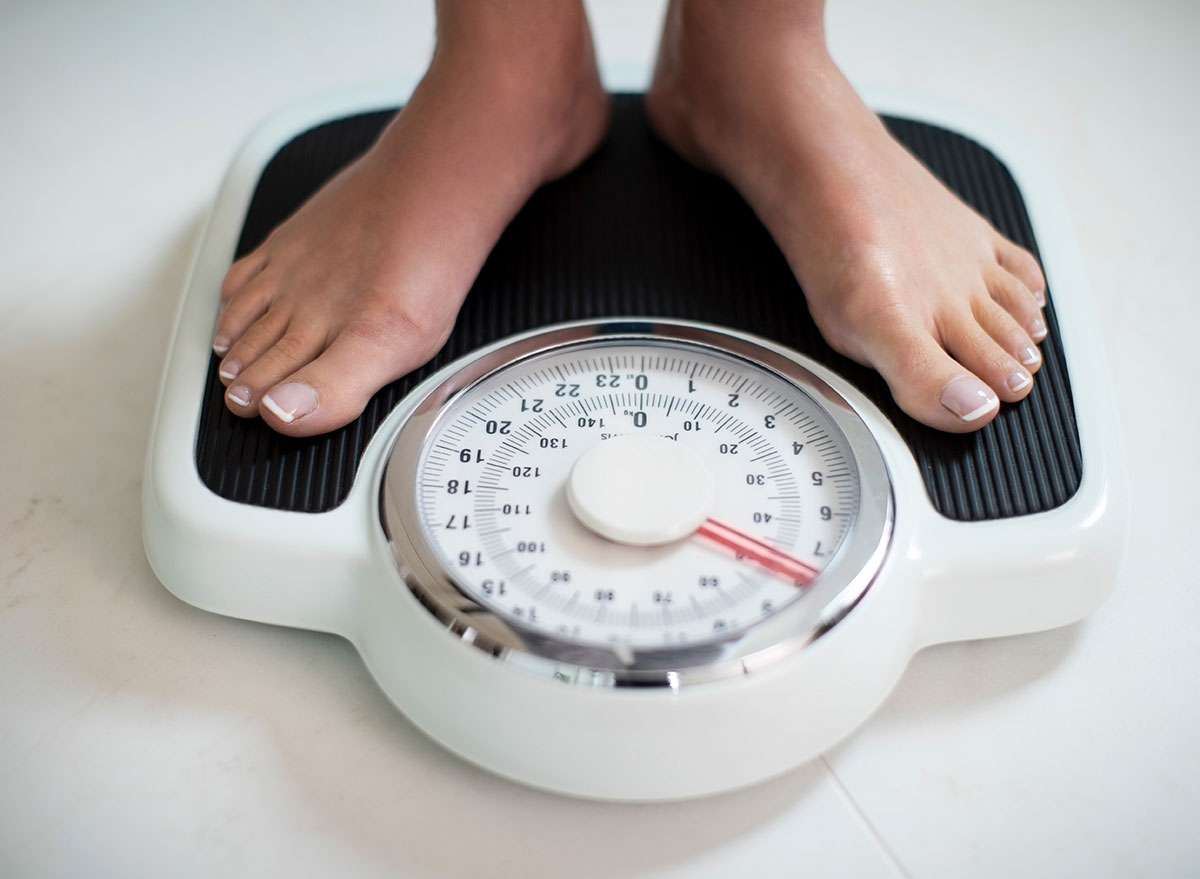What Happens to Your Body When You Skip a Meal

For a variety of reasons, skipping a meal is something we've all done—whether we didn't have time to make breakfast before leaving for work, we didn't want to spend the money to go out to lunch, we're trying intermittent fasting, or we thought passing up dinner would be a good way to hit a weight loss goal.
But beyond leaving us hungry (and in many cases, hangry), skipping meals makes an impact on our bodies, no matter the reason for doing it. Here are a few of the things you are likely to experience when you skip a meal.
You'll be tired.

Missing a meal may save time short-term. Yet it will ultimately lead to your day slowing down due to tiredness, according to Piedmont Healthcare. When meals are skipped, a person's blood sugar decreases.
"You'll get lethargic and tired, and you may want to sit down," says Registered Nutritionist Kelly Devine Rickert, president of Devine Nutrition Inc.
The hanger will strike.

The feeling of hunger from missing a meal can also lead to mood swings and a serious lack of anger management. A study by psychologist John de Castro found that food intake was related to the "average mood of the subjects" that he examined throughout his study.
Rickert says that a change in blood sugar can lead to changes in mood, or leaving a person feeling "hangry." Lower blood sugar can also lead to feelings of irritability, confusion, and fatigue.
It can lead to overeating.

The hunger skipping meals causes can lead some people to later try and compensate for the meal they missed, which leads to overeating, according to Healthcare at Home.
The organization says that when you skip a meal, the body begins to crave processed and junk foods, which leads to unhealthy weight gain. While you may skip a meal to lose weight, it could lead to the opposite because skipping meals can lead to unhealthy food choices later.
"You go past the point of no return," says Rickert. "Your blood sugar is low and you're going to crave whatever it is you're going to crave—whether it's salty stuff, stuff with fat in it, sweet stuff. Then it's very hard not to overdo it."
It could possibly cause weight gain.

While people may skip meals to lose weight, Registered Nutritionist Joan Salge Blake, an author and a clinical nutrition professor at Boston University, says that it could have the opposite effect, especially if you skip out on breakfast.
"Your body is on a 24-hour circadian rhythm, and what that does is the hormone releases are incorporated throughout the day," says Salge Blake. "If you eat a bulkier dinner later at night, hormones are going to go off, but they're more efficient to storing fat than they were earlier in the day."
A 2018 study by the University of Helsinki also found that skipping out on meals contributes to weight gain because the most important thing to focus on when trying to lose weight is eating regular meals.
How often should you eat?

A recommended time frame of how often to eat is every four to five hours, according to Rickert.
"I find that people can plan meals better and you don't get to that point where you get too hungry and lose control," says Rickert.
But in addition to spacing out meals throughout the day, you should also be eating your bigger meals earlier in the day. "When you eat is as important as what you eat," says Salge Blake. "The earlier you eat in the day the better."
Salge Blake says that the food that we eat in the morning is metabolized differently than the food we eat at night, and recommends eating "breakfast like a king, lunch like a prince, and dinner like a pauper."
For more healthy eating tips, be sure to sign up for our newsletter.








